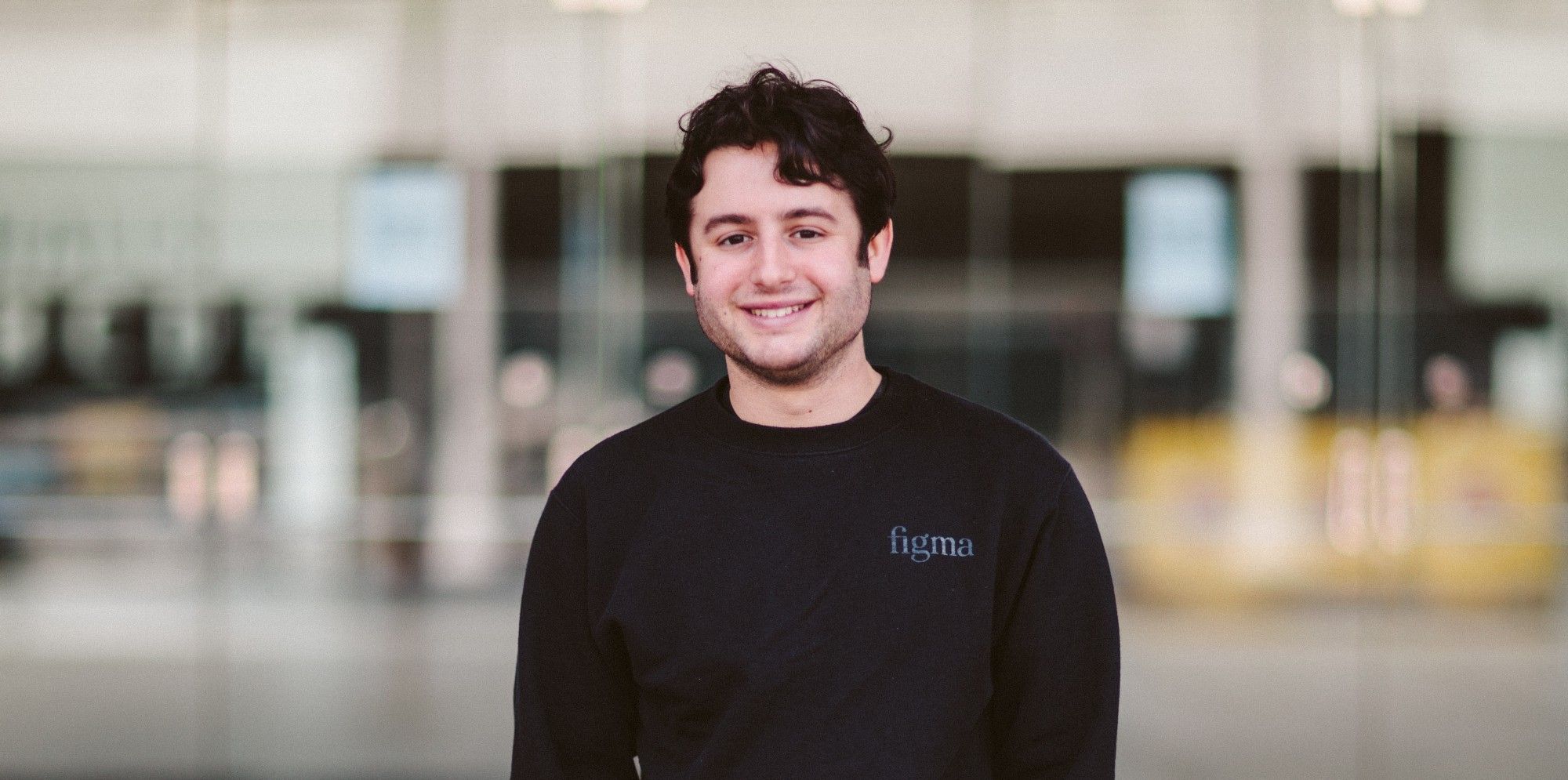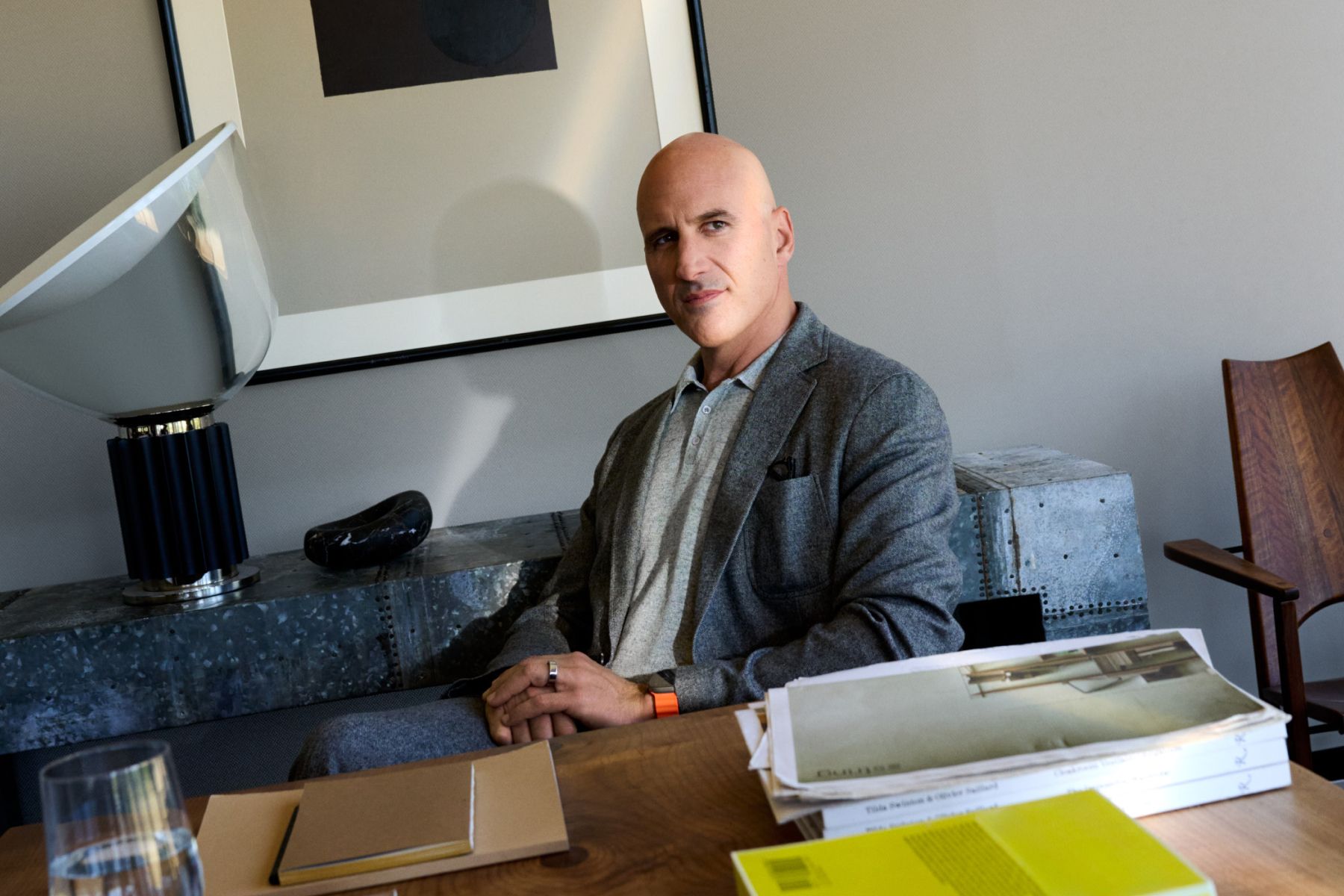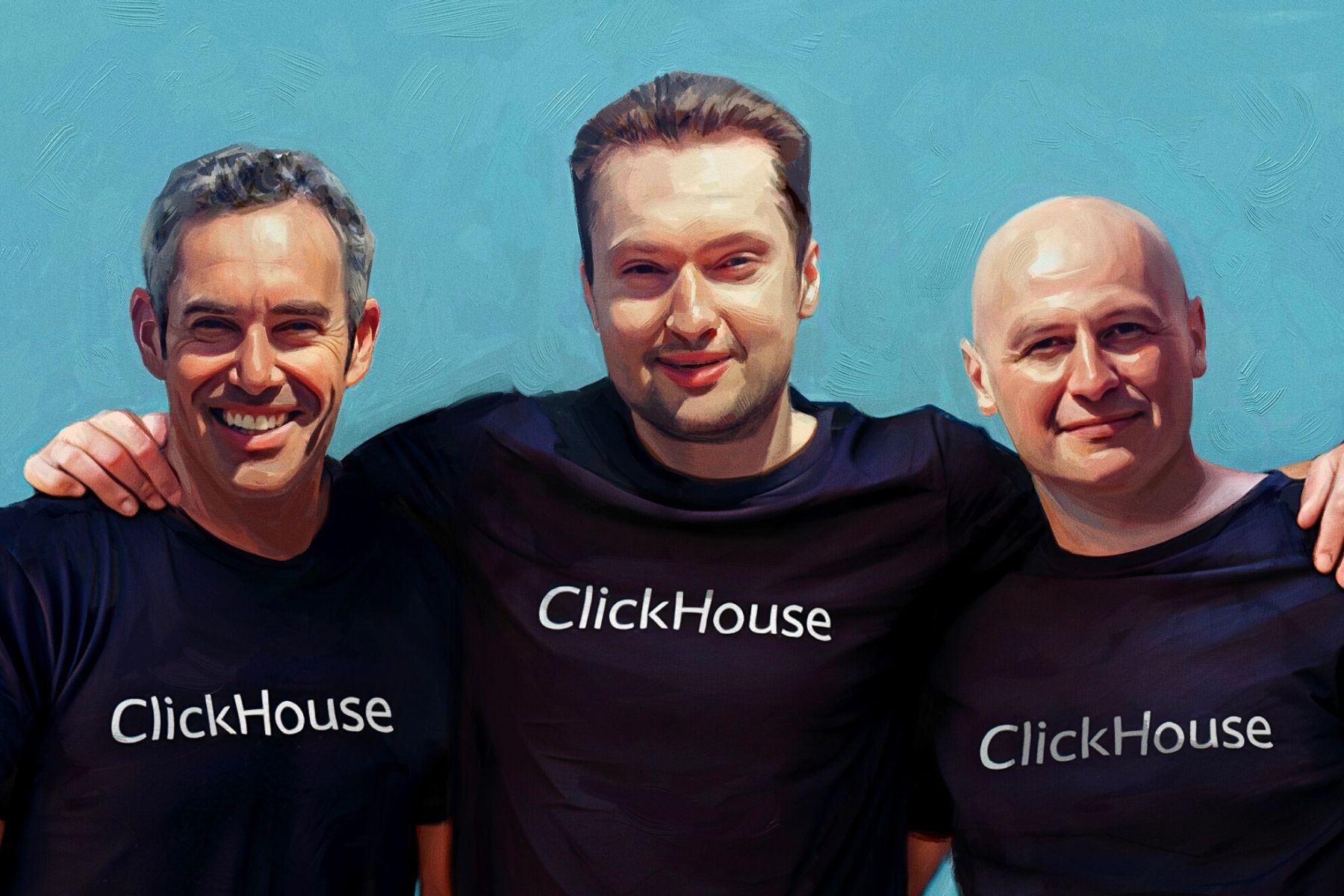Dylan Field: Leadership is a Journey

Figma’s CEO and Co-founder combines flexibility, empathy, and confidence, his coworkers say
It hasn’t all been smooth sailing for Dylan Field. He admits that in Figma’s early years, he was so focused on shipping the product that the culture suffered. “You could hear a pin drop in our office. No-one was talking and it definitely wasn’t fun,” he says. “I remember looking around one day thinking no one's gonna stay if we can't make it more enjoyable. These are amazing people, but why are we here if we can’t make it fun?”
"Successful cultures make successful businesses. Often great businesses can obfuscate poor execution, but Dylan is working for excellence in both."
— Danny Rimer, Index Ventures
He went through what he calls some “course correction,” giving everyone permission to make their work environment more fun, but also articulating values that mattered to them. It’s a favorite subject of Danny Rimer, Index Ventures partner and Figma board member. “Successful cultures make successful businesses,” he says. “Often great businesses can obfuscate poor execution, but Dylan is working for excellence in both. As a founder, you have two god-given rights. One is that you’ll have more equity in the business, and the other is that you will have an outsized impact on the culture of the company because you can shape it from the outset.”
Rimer has worked with Field from the start, speaking by phone every week for seven years. “The thing I respect most about him is that he’s had to grow personally,” Rimer explains. “There have been numerous precipices, and he’s had to figure out how to get over them. As a result he’s very self-aware and willing to change aspects of his personality. That is very, very rare, but it’s how you grow as a founder.”
In the early days, Field worked hard to court influential designers that could provide feedback on Figma as it developed. He persuaded them to see the demo, but also went back months later to show how the product had improved. “I think that's where he wins the hearts and minds of people,” says Amanda Kleha, Figma’s chief customer officer. “He follows up. Most people don't take the time to do that, to write the thank you notes, but Dylan does. He’s good at building and nurturing relationships, asking great questions and listening to people. He makes them feel heard.”
Field has an openness and creativity to him, Kleha says. He is willing to take risks, and cares deeply about what he does, which means Figma tends to hire a lot of people who feel the same. He works methodically but quickly, and has a first-principles approach to decision making. He came into his own during the pandemic when the company had to quickly adapt to remote working. “It was the speed at which he committed to driving through this plan on how to deal with remote work,” says Kleha. “Everyone was looking around asking what we were going to do, but he put together this whole presentation on what our strategy should be, and how he got there. It was so impressive, but also showed he was really listening to us, and that he cares about evolving the company.”
"Dylan has an extreme amount of confidence, but he also has an ethical core where he wants to do right by people."
— Sho Kuwamoto, Director of Product, Figma
Sho Kuwamoto, Director of Product at Figma, has worked in Silicon Valley for 25 years, and says he’s been impressed by Field, who was just 20 when he started Figma. He has found that younger CEOs can tend to be either overconfident, overruling everybody else and demoralizing people, or under-confident, which can cause them to be indecisive and conflict-averse. “Dylan has an extreme amount of confidence, but he also has an ethical core where he wants to do right by people. He’s somebody I can respect for his ethical thinking, but also has the confidence to make difficult decisions.”
Kuwamoto, who is winningly blunt, says he has previously experienced a little truth in the caricature of the tough, mercurial tech CEO. “But I feel like Dylan appreciates and respects me. I've never really felt seen or valued by CEOs in the way that I do here.”
Published — Dec. 17, 2020
-

-
